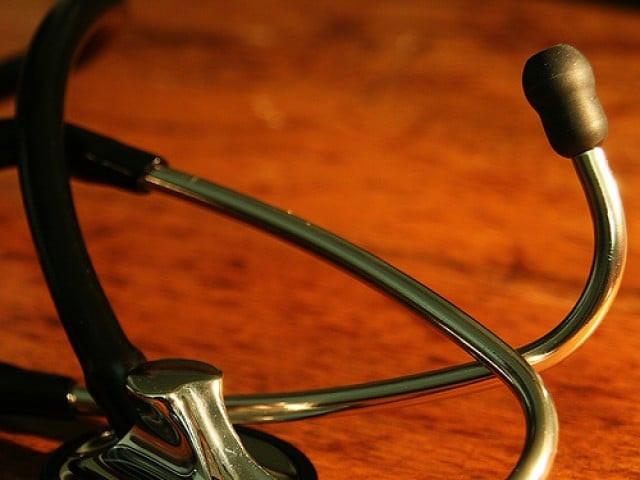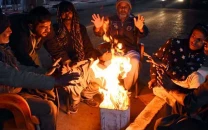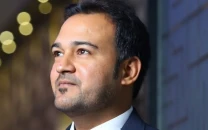Significant grants proposed for healthcare institutes
Allocations aim to provide better treatment options for the underprivileged

In the recently unveiled Sindh budget for the fiscal year 2023-24, significant grants have been proposed for various healthcare institutes, aiming to improve medical services and provide better treatment options for the underprivileged.
The budget document reveals several allocations intended to support the healthcare sector in the province. One notable proposal includes a grant of Rs205 million to different institutes in Sindh. The objective is to ensure free dialysis treatment for poor patients, addressing their critical medical needs.
Additionally, the Sindh Institute of Child Health and Neonatology is set to receive a grant of Rs300 million, emphasising the importance of specialised care for children's health.
An impressive sum of Rs243.12 billion has been allocated as a grant-in-aid to four children's healthcare institutes, emphasising the government's commitment to prioritising paediatric healthcare. This significant investment aims to enhance facilities and services specifically tailored to the needs of children.
Another notable initiative in the budget is the proposal to allocate Rs15.316 billion to the Sindh Institute of Urology and Transplantation (SIUT), representing a 53% increase from the outgoing fiscal year.
This grant encompasses various aspects, including the installation and purchase of two robotic surgery systems for SIUT in Shaheed Benazirabad and Larkana districts. It also includes funds for machinery and equipment for an additional block of Mehrnisa Medical Complex. These endeavours highlight the government's efforts to enhance urological and transplantation services in the province.
Moreover, the budget document proposes grants for medical institutions dedicated to specialised areas. The PK Abdul Qadir Shah Jeelani Institute of Medical Sciences in Gambat has been allocated Rs6 billion, aimed at improving cancer treatment facilities. This grant covers procurement of a linear accelerator with integrated high-field MRI for cancer patients and the acquisition of a robotic surgical system for the treatment of underprivileged individuals.
Several other healthcare facilities have also been included in the budget allocations. Notable grants include Rs60 million for bone marrow transplantation at Dow University of Health Sciences, Rs200 million for the Kidney Centre in Karachi, and Rs12.75 billion for the People's Primary Healthcare Initiative (PPHI), responsible for managing various health facilities.
Additional grants have been allocated to the Shaheed Mohtarma Benazir Bhutto Institute of Trauma in Karachi and Trauma Centre Larkana, Syed Abdullah Shah Institute of Medical Science in Sehwan Sharif, Jamshoro, Sindh Institute of Endoscopy and Gastrology (SLAG) in Dr KM Pfau Civil Hospital, Karachi, and various institutes and NGOs providing free treatment to thalassemia patients.
Medical universities have also received significant funding, with grants allocated for their operational needs, stipends for postgraduate students and house job officers, and the implementation of the Integrated Health and Population Program with World Bank assistance.
These budgetary allocations reflect the Sindh government's commitment to enhancing healthcare infrastructure and ensuring accessible and quality medical services for the people of the province. The grants aim to address critical healthcare needs and promote the overall well-being of the citizens.
Published in The Express Tribune, June 14th, 2023.



















COMMENTS
Comments are moderated and generally will be posted if they are on-topic and not abusive.
For more information, please see our Comments FAQ